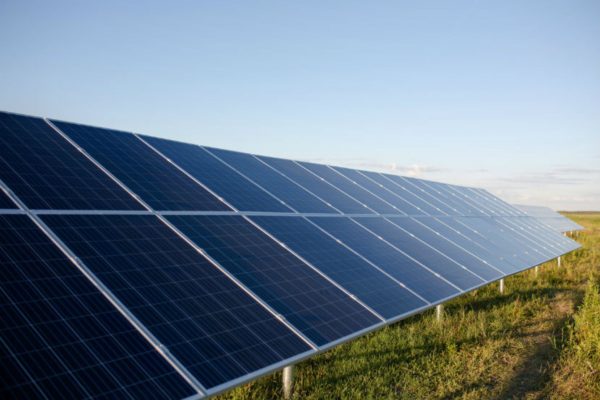The Joe Biden administration represents itself as following science with regard to energy policy, yet it presents a simplistic clean/dirty energy narrative with the obvious solution to get rid of fossil fuels and “go green.” Unfortunately, this narrative is naïve, expensive and misleading. And it will harm U.S. energy security, the economy, the environment and the impoverished.
To be sure, producing and burning coal and oil have significant environmental impacts. But what goes unmentioned are the extensive benefits of affordable, reliable energy provided by coal and oil to make cheap electricity, power cars and underpin a modern economy.
The ironic kicker is that economic wealth allows a nation to regulate and clean up the environment: its air, soil, water and emissions. Coal and oil are not green, but the wealth they create cleans up the environment. And, only wealthy nations such as the U.S., U.K. and Germany have been able to afford to begin to transition beyond coal for power generation.
The global reality faced by the Biden administration is that poorer economies represent about 75% of the world’s population, and they have a growing energy appetite. Just as the U.S. and Western Europe did, China is building an eye-watering number of coal plants to power its expanding share of global manufacturing. China now burns more coal than the rest of the world combined. Notwithstanding silly emissions pledges, China has no plans for reducing coal. They can’t afford to. The reality is that only economic wealth will allow China and other emerging economies to begin to transition away from coal and clean up the environment.
So why not just switch from dirty coal and oil to clean and renewable solar and wind? Two reasons: They are not renewable, and they are not clean. Sure, during non-cloudy days and windy times, the wind and the sun can be captured and turned into electricity. But because the amount of energy is not “dense,” it takes scads of land and collectors — solar panels and wind turbines — to capture it.
It also takes oodles of batteries to back up intermittent solar and wind so that everything keeps running uninterrupted. There is also replacement. The panels, turbines and batteries wear out every 10 to 20 years, and the metals, chemicals and toxic materials required to make them must be constantly mined, manufactured and disposed of in landfills. Coupled with the CO2 emissions associated with those processes, solar and wind are neither renewable nor clean.
To add to it, contrary to popular spin, solar and wind are not cheaper than coal or natural gas. The reported lower cost is misleading because it represents the cost of electricity at the generation source, the so-called LCOE (levelized cost of electricity), not the actual cost to the consumer. Intermittent solar and wind require almost 100% redundant and expensive backup power from natural gas plants or batteries to be reliable, which makes them more expensive to the consumer. That is why people in California and Germany pay much more for electricity. This higher cost is both regressive and inequitable to lower-income people.
China controls 50% to 70% of global lithium, cobalt and polysilicon and is aggressively acquiring other mined materials to make batteries, turbines and solar panels. As we move to electric vehicles, we are essentially shifting control of transportation fuels from OPEC to China. Is that more secure? Chinese mining practices are known to violate human rights, especially those of children. Do we want to promote that?
Wind, solar and batteries have a role to play, but it’s time to stop pretending that they can provide the benefits of coal and oil, with none of the negative effects. The Biden administration, as a proponent of science, has a chance to represent the complex social, legal, political, economic, and yes scientific challenges of energy.
To “go green,” we must “go honest” so that we can address and solve the real energy challenges before us.
Scott Tinker is a professor and the director of the Bureau of Economic Geology at The University of Texas at Austin.
A version of this op-ed appeared in The Hill.




